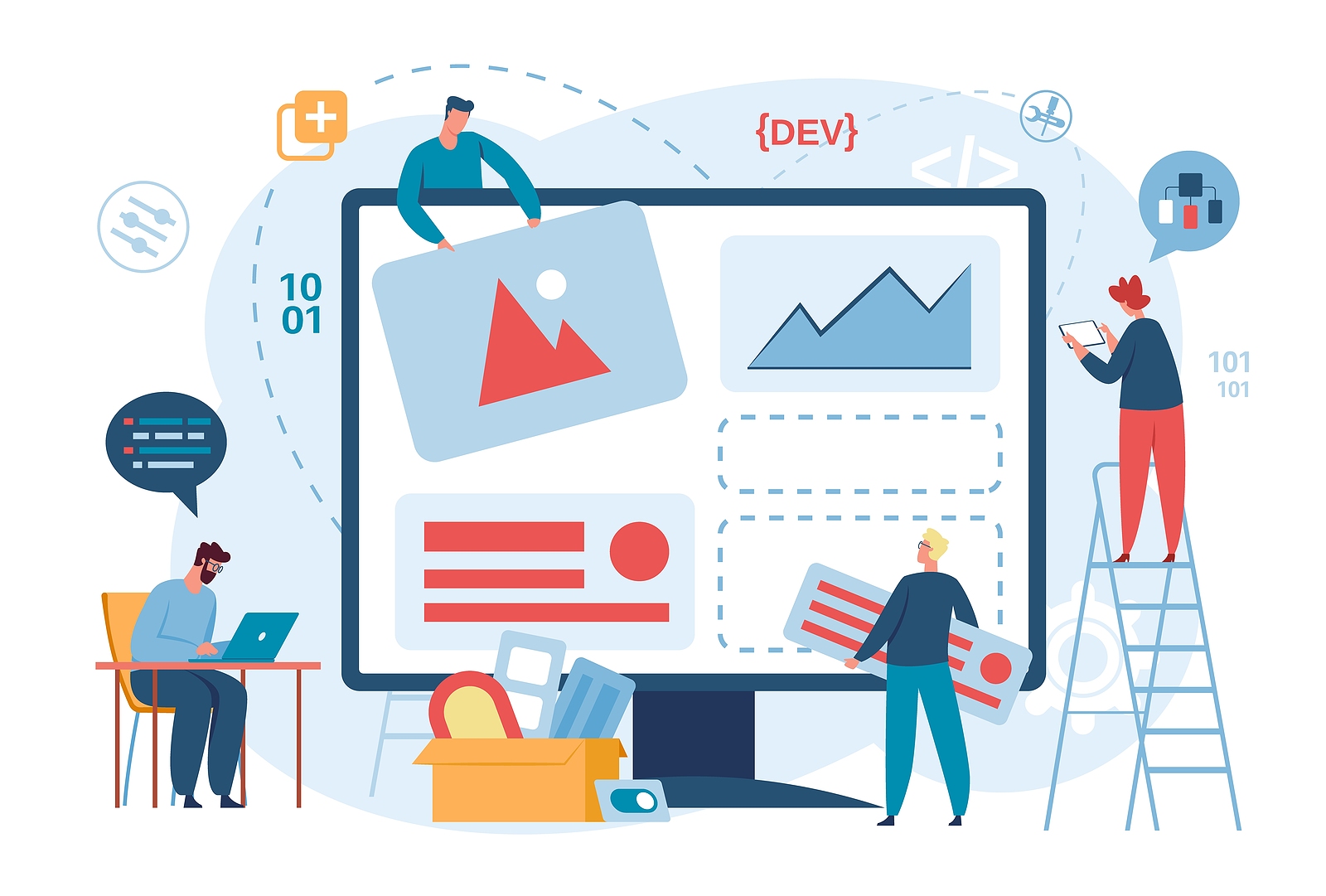3384 Insights
Your go-to source for trending news and information.
The Quest for the Perfect Code: A Programmer's Fantasy
Join the adventure as we explore the elusive perfect code! Discover tips, tricks, and tales from the fantasy world of programming.
Unraveling the Myths: Is There Really a Perfect Code?
The quest for the perfect code has long captivated software developers, leading to numerous myths surrounding its existence. One prevalent belief is that flawless code can be achieved through meticulous planning and rigorous testing. However, the reality is that software development is inherently complex, subject to ever-evolving requirements and unforeseen challenges. As a result, even the most carefully crafted code may encounter unforeseen bugs or performance issues, highlighting that perfection is often an unrealistic goal in the fast-paced world of technology.
Another common myth is the notion that experienced programmers can effortlessly write perfect code from the outset. In truth, even seasoned developers rely on a series of revisions and iterative improvements to refine their work. Learning and adapting is a continuous process, and the best solutions often emerge through collaboration and feedback. Therefore, rather than striving for perfection, it is more beneficial to focus on writing clean, maintainable, and efficient code that meets the project's needs while being open to ongoing enhancements.

The Ten Commandments of Clean Code: A Programmer's Guide
Clean code is essential for maintaining the longevity and efficiency of any software project. The Ten Commandments of Clean Code serve as crucial guidelines for programmers aiming to write maintainable and understandable code. Each commandment highlights a fundamental principle that should be adhered to, such as keeping functions small and focused, ensuring meaningful naming conventions, and avoiding duplication. Following these guidelines not only enhances code readability but also makes it easier for teams to collaborate and manage changes over time.
- Thou shalt write code for humans first, and machines second.
- Thou shalt keep functions small and focused.
- Thou shalt use meaningful names for variables, functions, and classes.
- Thou shalt avoid duplication of code.
- Thou shalt comment wisely.
- Thou shalt write tests for your code.
- Thou shalt use error handling.
- Thou shalt follow coding standards and conventions.
- Thou shalt refactor often.
- Thou shalt strive for simplicity.
Code Optimization Techniques: Transform Your Programming Skills
Code optimization is an essential skill for any programmer looking to enhance their efficiency and effectiveness. By employing various code optimization techniques, developers can improve the performance of their applications significantly. First, understanding your code's time and space complexity is crucial. Identifying bottlenecks through profiling tools allows you to focus on critical sections of code. Here are some methods to consider:
- Refactoring: Regularly review and refine your code to remove redundancy and improve readability.
- Caching: Store frequently accessed data locally to reduce loading times.
- Algorithm analysis: Choose the right algorithm for the task to optimize execution time.
Moreover, transforming your programming skills involves continuous learning and application of these techniques. Embrace best practices, such as adhering to coding standards, which not only improve code quality but also help in maintaining your codebase. Additionally, consider leveraging automated code review tools to catch potential inefficiencies before they become problematic. Remember, optimization isn't just about making code faster; it's about creating solutions that are elegant, maintainable, and scalable. As you refine your skills in code optimization, you'll find that your programming capabilities reach new heights.